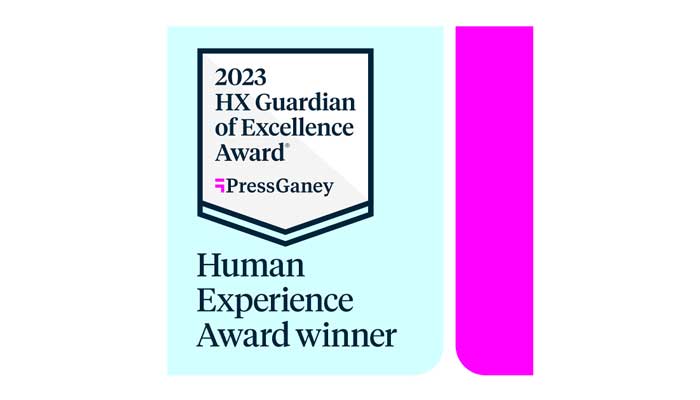Our hope is that, as growing numbers of people courageously talk about their own challenges, more progress will be made in eliminating the stigma of mental health.
KING OF PRUSSIA, Pa., May, 2018 — Recently, we have seen an increasing number of prominent people – including celebrities such as Demi Lovato, Kristen Bell, and most recently Mariah Carey – come forward to discuss their personal mental health struggles. The hope is that, as growing numbers of people courageously talk about their own challenges, more progress will be made in eliminating the stigma of mental health.
The need to break the stigma is especially important for women – a population who is diagnosed more often than their male counterparts with mental illness. As we mark Mental Health Awareness Month in May, Universal Health Services (UHS) is focused on driving a responsible conversation concerning the broad range of mental health issues our society faces.
Research shows that women are diagnosed more often with depression based on the symptoms presented including anxiety, sleep deprivation, lack of energy and suicidal ideation. However, just as with men, environmental factors may have a greater impact on mental wellness for women, from childhood through adulthood. As women today juggle multiple societal roles including breadwinner, homemaker and caregiver, stress levels have increased and the quality of mental health is negatively impacted. These and other factors can impact self-esteem and increase anxiety.
Other environmental factors, such as physical or emotional abuse, can lead to PTSD and many women suffer in silence for decades. The physical impact can also be compounded emotionally as the person replays the event in their mind. Many of the patients we see in UHS behavioral health facilities across the nation suffer from such conditions.
A woman’s economic status can also influence her mental health. For example, consider a single mother holding down multiple jobs while caring for not only her own children, but also an aging parent. Statistics reveal that women still earn less than men for comparable work, which places added stress on meeting family and other personal obligations and undermines her financial stability, as well as her self-esteem.
Women not only outnumber men, but for years have outlived men around the world. Across cultures, women’s primary inclination is often to take care of others before themselves and to suppress their feelings and personal needs in the interest of meeting the needs of others. While noble in intent, this approach is not always healthy. Women must be mindful of managing their own mental wellness and taking care of themselves and frequently must be reminded of its importance.
At the same time society continues to wrestle with the environmental challenges impacting quality of life for the majority of the world’s population, we also need to ensure that women are receiving the quality mental healthcare and support they need and deserve. While admittedly sometimes easier said than done, there are three important steps:
- Find and build your village – Women should take the time to identify a few people in their lives who can support their mental well-being. These are people who have the person’s best interest at heart and will support them without judgement. Developing this support group of trustworthy family and friends can help provide relief and balance.
- Speak up – Women should use their village, or support system, to talk about things on their minds or troubling them that may be impeding their mental wellness. Being able to share in confidence – and truly feeling listened to – is therapeutic and healing.
- Seek help – Women should not wait to get the help and support they need. Just as with a primary care physician, women – really all of us – should have a mental health professional as part of our personal care team to provide counsel and more structured support when needed.
During Mental Health Awareness Month – and throughout the year – be sensitive to your needs and the needs of those around you. As recently shared by celebrities we admire, it is acceptable for women to admit they need help – and to pursue it.
Contacts
For more information
Jane Crawford 610-382-4830 [email protected]









